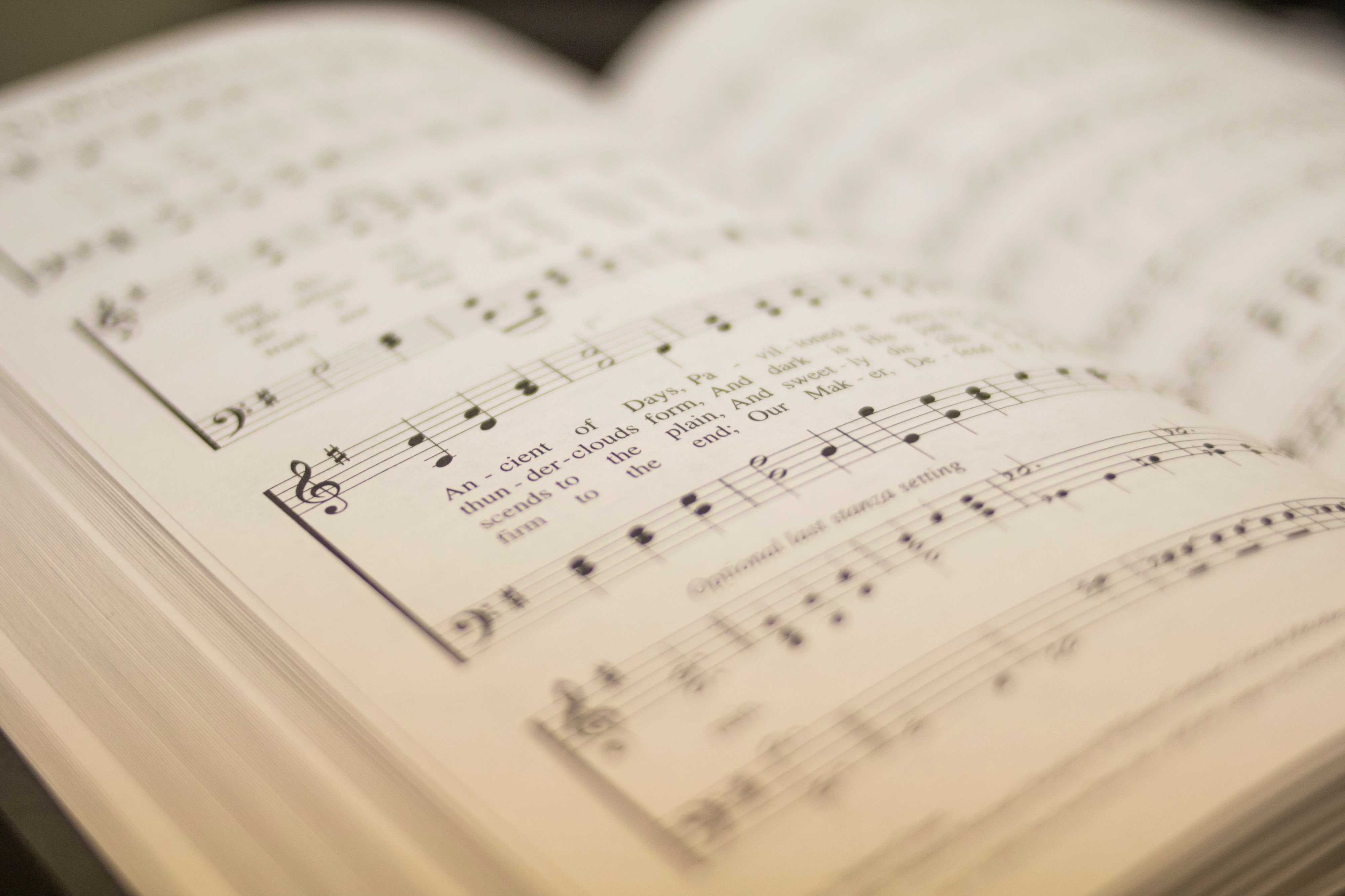If you?re quoting song lyrics to add flavor and atmosphere or to progress the plot, you may want to read further.
 Photo by Michael Maasen on Unsplash
Photo by Michael Maasen on Unsplash
I wrote a short story that used a few song lyrics from Pink Flyod?s ?Wish You Were Here?. Fortunately, before publishing, I stumbled across an eye opening article on copyright infringement specific to song lyrics.
Before I proceed further, let me first state ?I am not a lawyer? and I am not offering legal advice. I am expressing the copyright laws as I interpret them.
In general, copyright protection for works created after January 1, 1978, are for the life of the author plus 70 years.
Song lyrics are copyrighted. As copyrighted material you will need to acquire permission to use them in your writing. While acquiring rights are simple in principle, the execution is problematic. We?ll go into this a little later, because if you?re thinking the way I did, you?re thinking you can skirt around the copyright issue by invoking fair use. Not so fast my fellow writer, let?s examine that first.
Fair Use
There are no specific laws regarding how much of someone?s material you can use under the fair use doctrine. For the music industry, the prevailing wisdom is that you need permission for as little as one lyric line.
Attributing the lyric and copyright to the artist, in your story, does not exonerate you from copyright infringement. Attribution is not a substitute for permission.
So answering the question, can you use a single lyric line if you attribute the line to the artists? The answer is no. You still need to acquire permission from the publisher for a single line.
Latitude For Fair Use
If you are a music critic or reviewing an artist’s work, you may be given a little more latitude quoting lyrics in your review and opinion.
Songs In the Public Domain
Public domain works are not protected by copyright. In the United States songs published before 1924 are in the public domain and may be used. Of course, these older, public domain songs may not invoke the atmosphere or emotions the writer is looking to set up. Songs published after 1924 will need to be checked to see if they are in the public domain or not.
You can begin your search by going to www.copyright.gov
When a Lyric is not a Lyric
There are lyrics whose words are so common and generic as they may be used in a story. For instance, if someone in my story uses words that are part of a lyric in a sentence, such as, ?I don?t know.? I did not rip off Sir Paul McCartney?s song, ?Yesterday?, because those words are a common phrase.
Acquiring License Rights
To obtain permission, you must find the publisher of the lyrics. This is not necessarily the artist who wrote the lyrics or their record company. To find the publisher you may want to try to contact the American Society of Composers, Authors and Publishers (ASCAP) or Broadcast Music, Inc. (BMI). These are performance-rights organizations, they don?t issue licenses for lyrics, but they can help you find the song publisher.
With the publisher name in hand, you find and make contact with the publisher. Some publisher?s websites may have an online form to fill out. If so, it?s a simple matter to fill out the form to request a license. Know going in, there is no set price for permissions. The publisher could deny the request, ignore your request completely, or ask for you to pay one million dollars per character.
SONY/ATV
Sony ATV is the largest music publisher in the world. I would look there first to see if your artist is published by Sony/ATV. According to their website, they publish The Beatles, Rolling Stones, Bob Dylan, Michael Jackson, Carole King, Queen and Beyonc, Pharrell Williams, Lady Gaga, Kanye West, Pink, Sam Smith and Ed Sheeran, just to name a few.
On their Sony/ATV website go to their Synch link where you will find a form to fill out to begin a license inquiry.
Song Titles Are Generally OK To Use
Song titles are generally okay to use without permission, as are movie titles, book titles, album titles and article titles.
Trademarks
Trademark is different than copyright and offers a different type of protection. Trademarks are used in consumer products, to prevent consumer confusion.
Song titles can be trademarked. Two trademarked song titles are, ?Yellow Submarine? by the Beatles and ?Ziggy Stardust? by David Bowe. If you were to use these titles in a commercial venture, you may be hearing from an attorney. A commercial venture may include tea shirts, bumper stickers as well as books.
The legitimate owner(s) of a trademark doesn?t want knockoff products to be taken as a legitimate licensed product(s). So check that that song title has not been trademarked before using it in a commercial venture.
You can check for a trademark at the uspto.gov website using their Trademark Electronic Search System (TESS).
Don?t Play With Litigation
I would not chance using a lyric without permission from the publisher under the premise of ?fair use?. Entering any litigation is a losing proposition. It?s been my personal experience that the client with the deepest pocket can usually prevail in a litigation contest.
 Photo by Andrea Piacquadio from Pexels
Photo by Andrea Piacquadio from Pexels
Conclusion ? The Work Around
Your heart?s set on this lyric, it fits perfectly with the mood and atmosphere you?re trying to set in your story. I know I?ve been there. So what?s a writer to do?
The workaround is to mention the song title and artist?s name and use that information to set the mood. Your character can listen to the song on the radio, play it on a CD, hum it, sing along or bang their head against the wall to the beat of the music, that?s all fine and legal. Just don?t write any lyrics of the song in your text.
This is what my character did (not the head banging part). He turned on the radio, where Pink Floyd?s ?Wish You Were Here? was playing. He listened to the guitar solo and as David Gilmore began singing. Period, no song lyrics anywhere. Safe!


